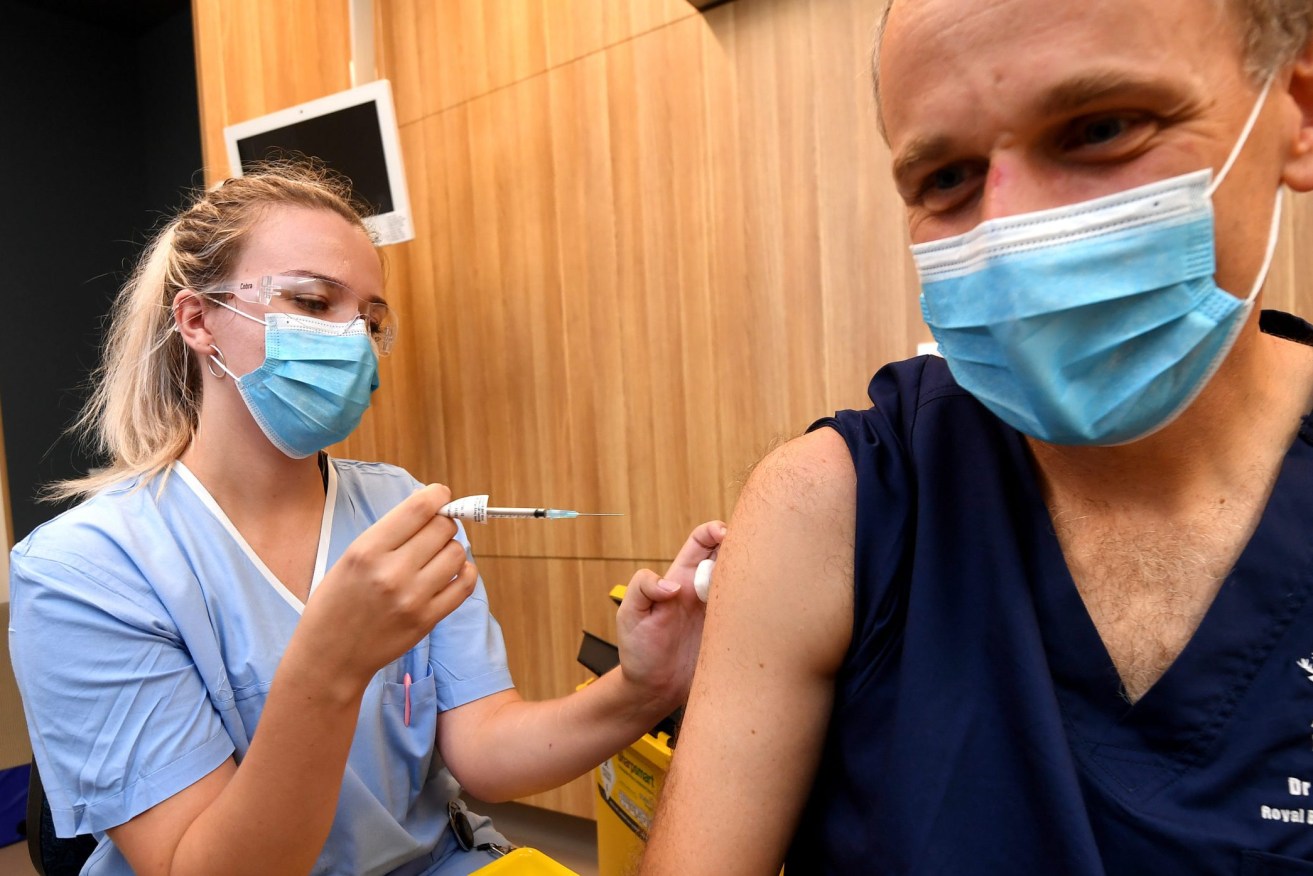UQ and Moderna sign up to tackle the next pandemic
The University of Queensland has struck a crucial deal with pharmaceutical giant Moderna with a goal of potentially developing vaccines against diseases like dengue fever and possibly anti-microbial resistant bacteria.


For the first time in two decades, Aussies are getting less healthy. (Pic, AAP).
UQ said it had been selected as one of the first launch institutions in the world to partner with Moderna to research and develop vaccines.
Under the deal, researchers would be able to access Moderna’s mRNA platform to develop vaccines with potential commercial benefits for the university. The mRNA, or messenger RNA, vaccines teach human cells how to make a protein that would trigger an immune response and don’t use a part of an actual bacteria or virus.
One of the leading researchers who was also involved in the negotiations, Professor Paul Young, said the partnership with the pharmaceutical giant was a coup for the university and had the potential to generate vaccines that would save thousands of lives in developing countries.
It would also speed up the delivery of vaccines and create flow on effects for the domestic biotech industry.
UQ has previously found global attention through the work of Professor Ian Frazer and his co-invention of the technology enabling the HPV vaccines, currently used worldwide to help prevent cervical cancer.
“It’s also a recognition that UQ is a centre of excellence in vaccine research and discovery,” Professor Young said.
He said there were at least 10 research projects at UQ that would benefit from the partnership. It would mean Moderna would set up a portal through which the university’s researchers could access the mRNA technology.
Fellow researcher and negotiator on the deal, Professor Mark Walker said the focus would be on diseases that had the potential to be a future pandemic such as dengue, malaria, tuberculosis and the zika virus. These diseases were already a problem in low and middle-income countries.
Walker described the deal as a crucial collaboration which would mean that the university would provide the sequence and Moderna would then provide a vaccine that would be used in pre-clinical studies.
“UQ brings disease-specific expertise to be able to design and test vaccines and demonstrate efficacy. Those are the things that UQ does very well,” Walker said.
“This is a rapid turnaround technology and the identification of a new vaccine to clinical use could happen in as little as 100 days.
“There is no doubt that the production of vaccines to target these diseases will be delivered more quickly by this collaboration.
“While much of the recent narrative has been around viral and pandemic vaccines, targeting anti-microbial resistant bacterial diseases is another important goal of this partnership.”












